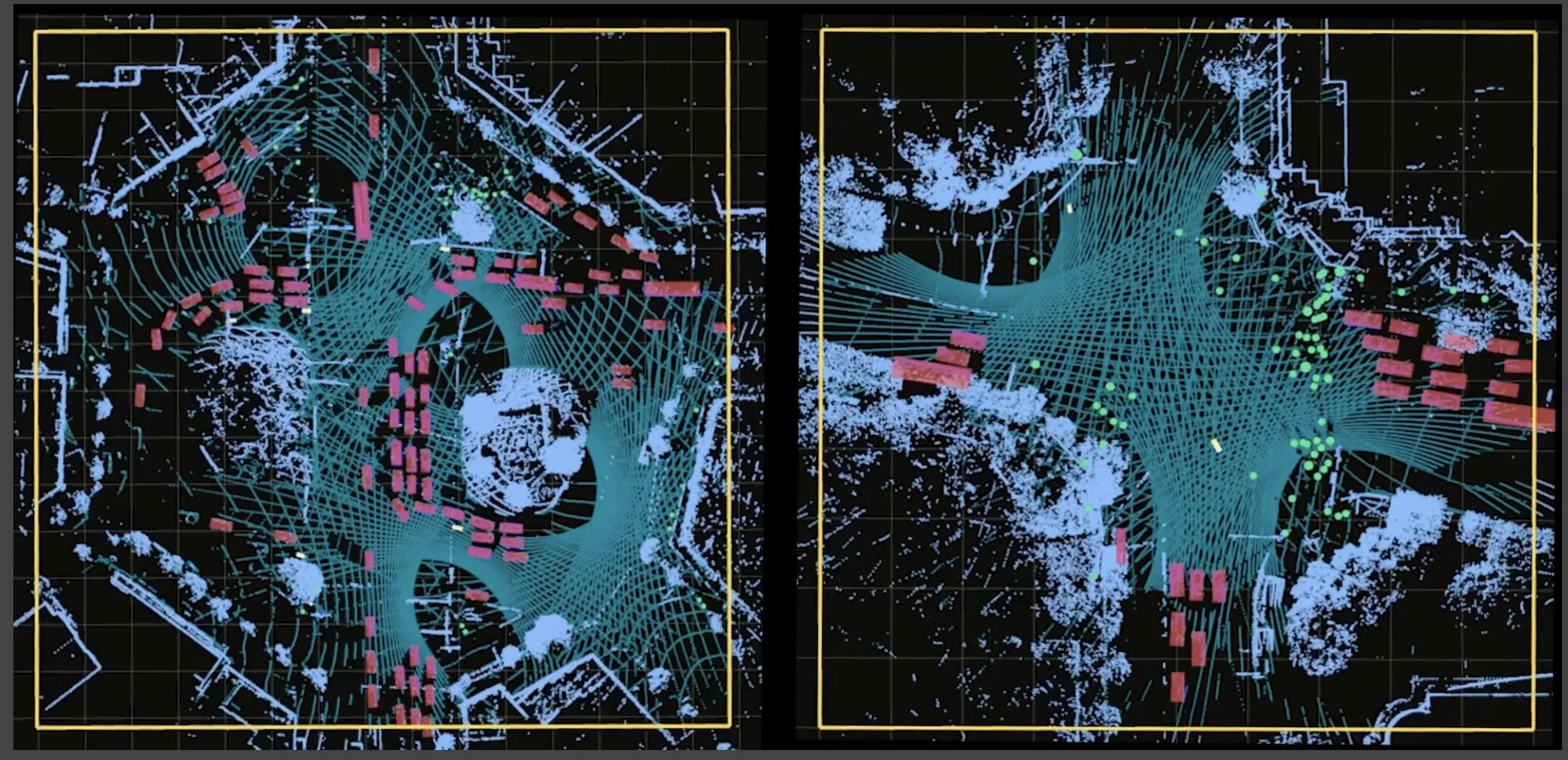
“With two-thirds of the world’s population expected to live in cities by 2050, we can’t expect to sustain economic success and a growing population without addressing our infrastructure,” said Marcus Welz, president of Siemens Intelligent Traffic Systems . “The answer is not just building more roads, as both space and funding is growing scarce. The answer should be to modernise the current infrastructure by expanding, integrating and automating the existing systems. This requires intelligent solutions and digitalisation; digitalisation made by Siemens.”
As Welz points out, Siemens software is already helping manage traffic more efficiently and effectively, every day, in many places around the world. As an integrated solution provider, the company says its intelligent traffic systems deliver solutions that help cities think mobility further through adaptable and modular traffic management solutions.
That’s why the company is using this event to provide delegates with a insight into advanced traffic controller technology and innovative software that enables the monitoring and controlling of traffic signals with a smartphone, tablet or PC.
“The next mobility revolution starts today, and with our connected vehicle solution, we are already ahead of the curve. V2X technologies will help reduce congestion during peak travel times, reduce greenhouse gas emissions, and increase safety,” said Marcus Welz, adding that Siemens ingenuity is moving America forward with intelligent traffic management solutions.









